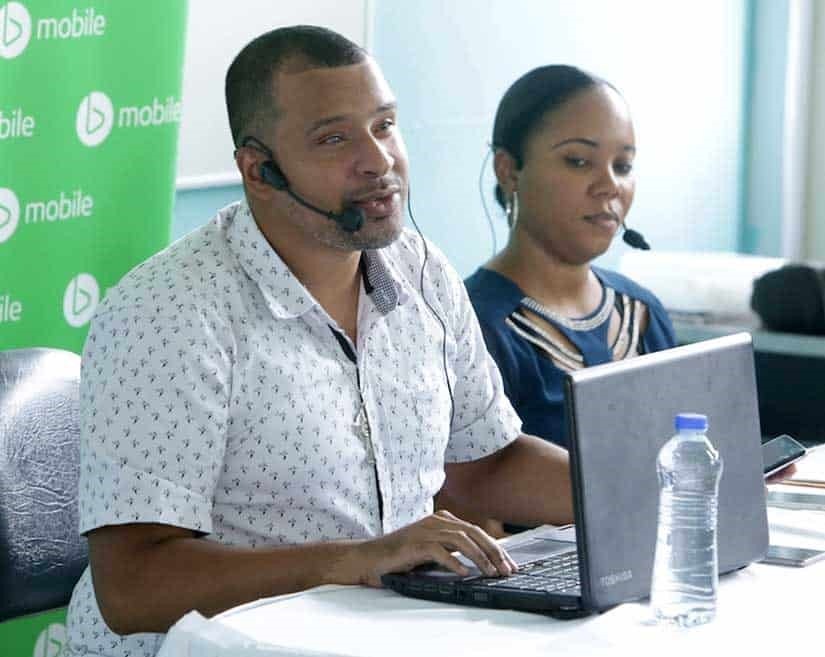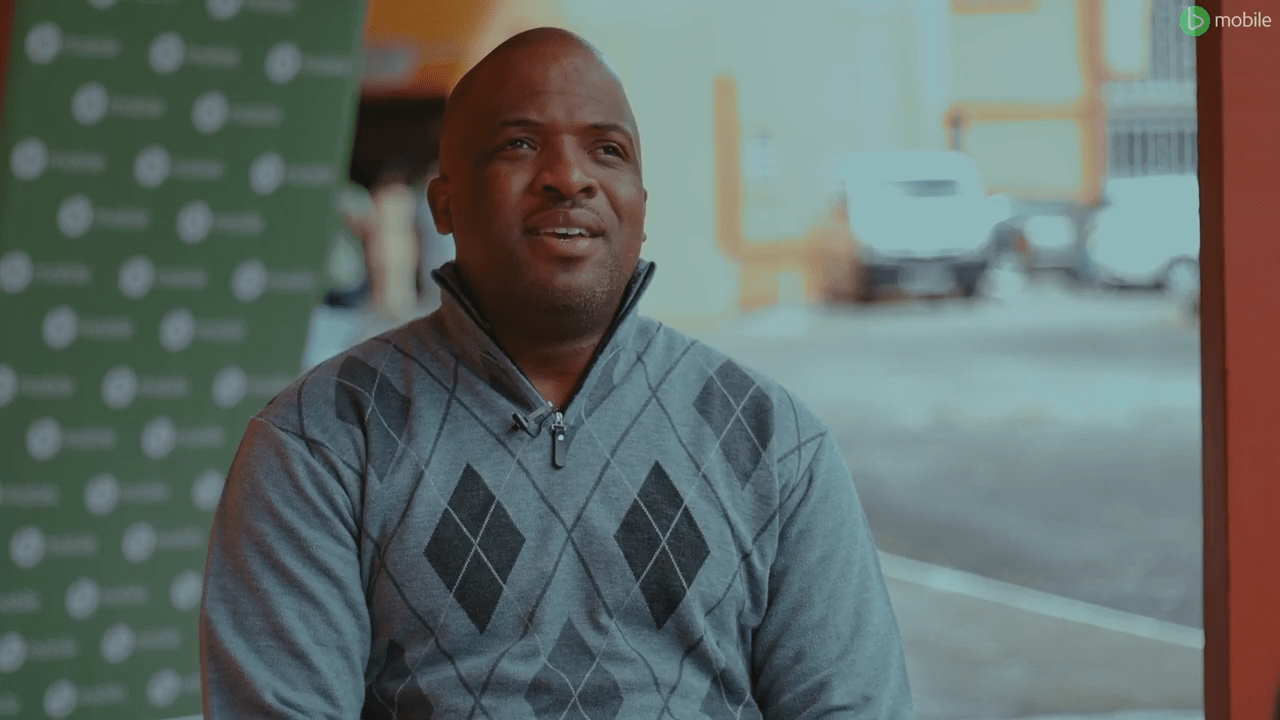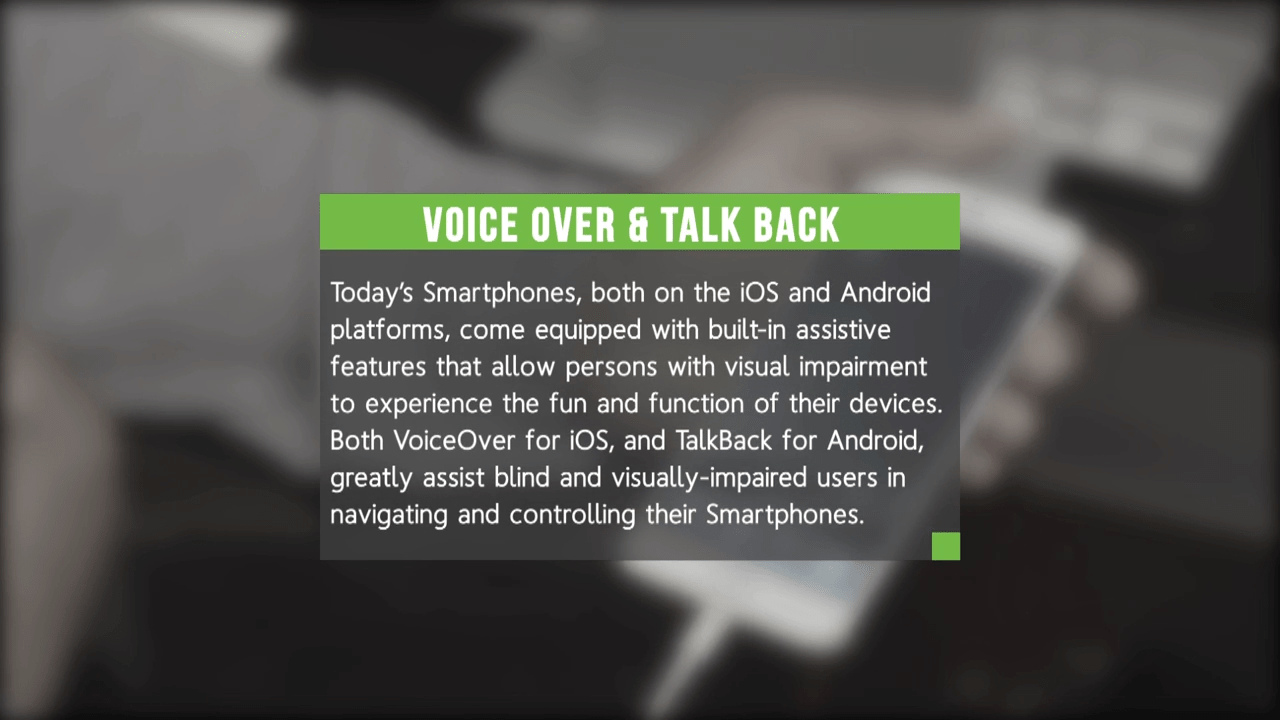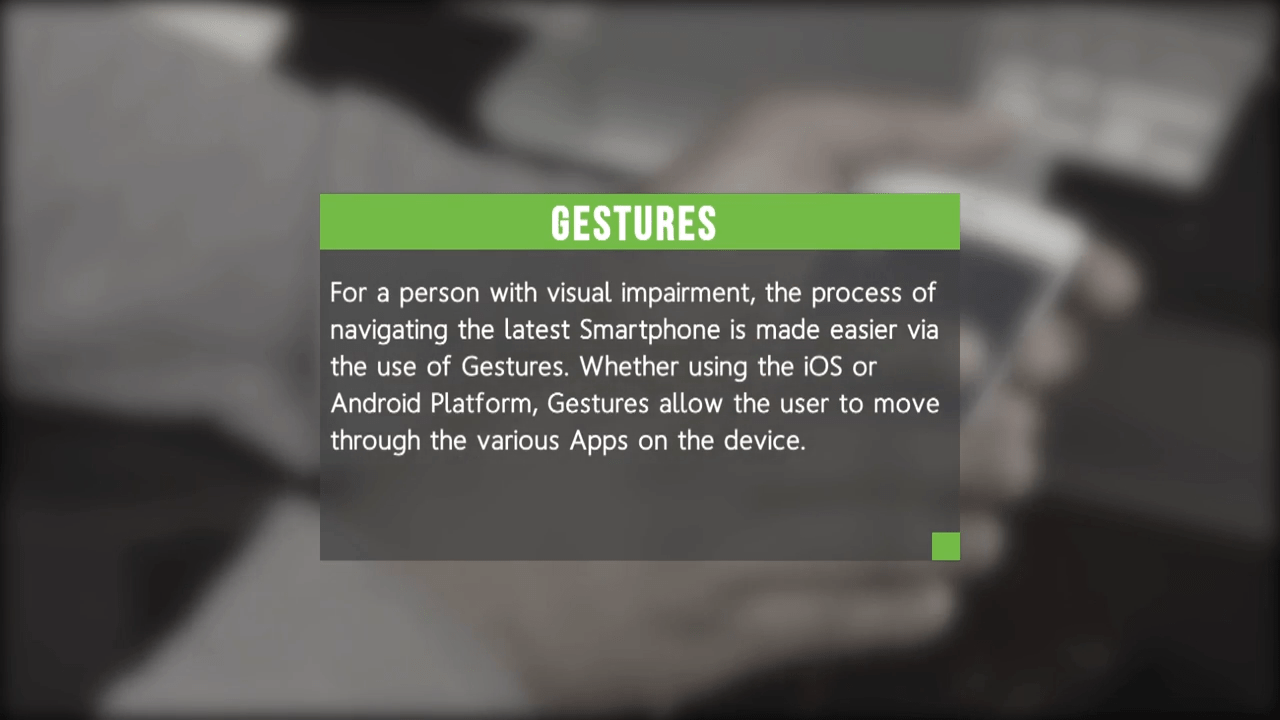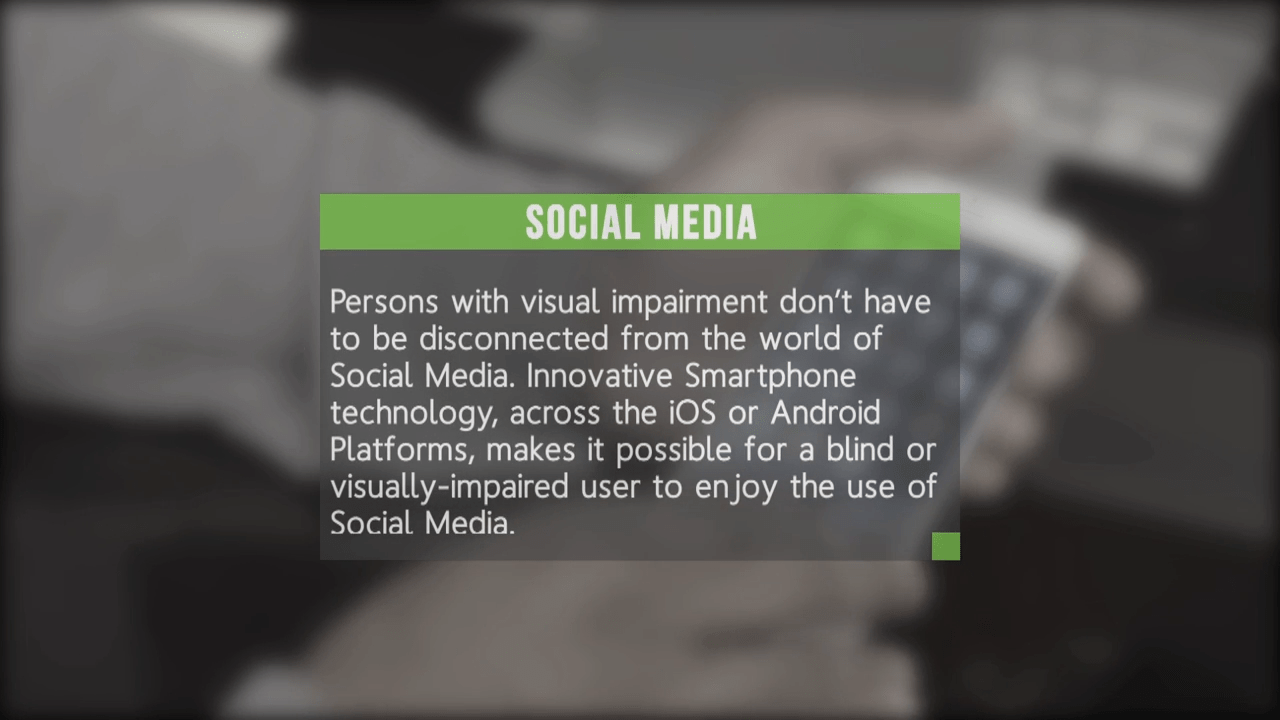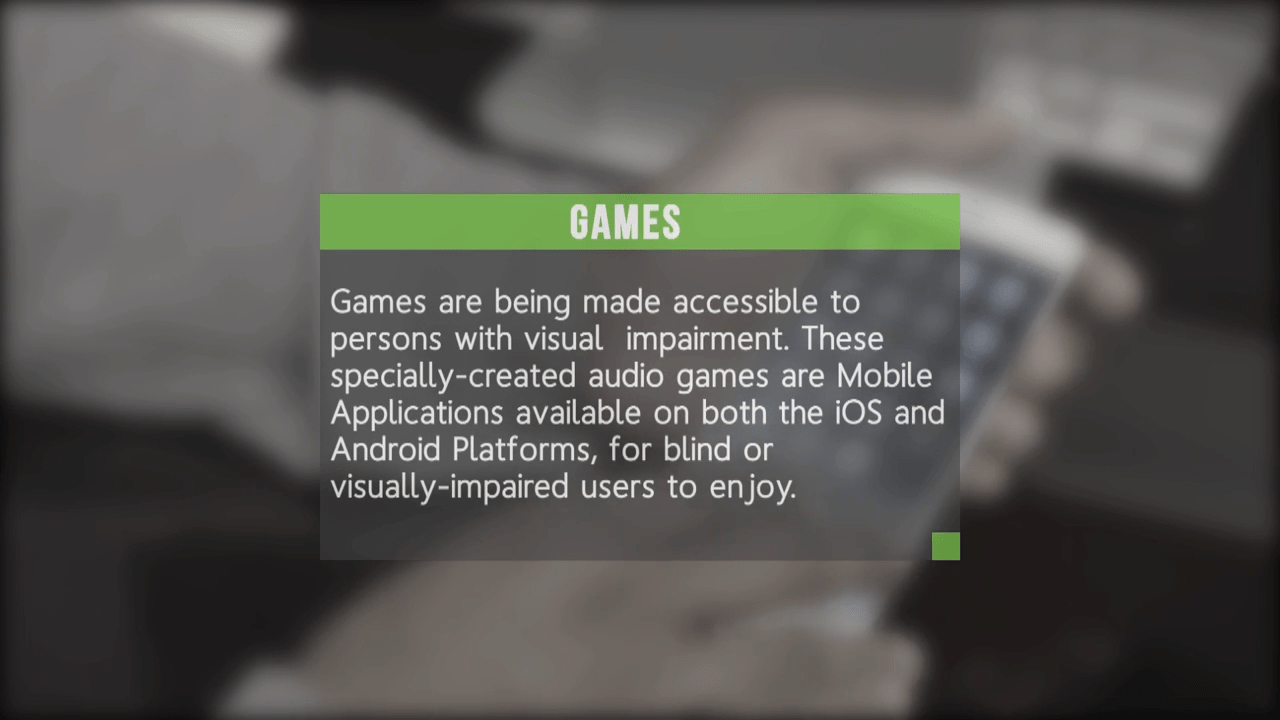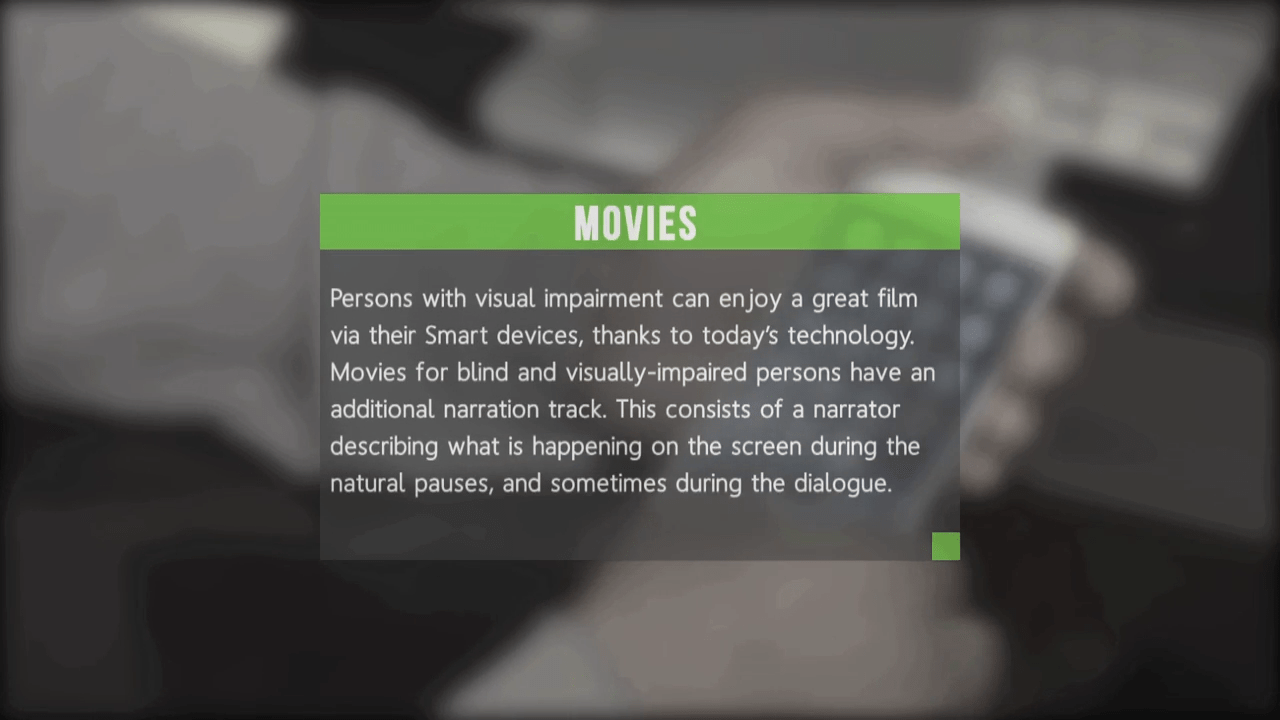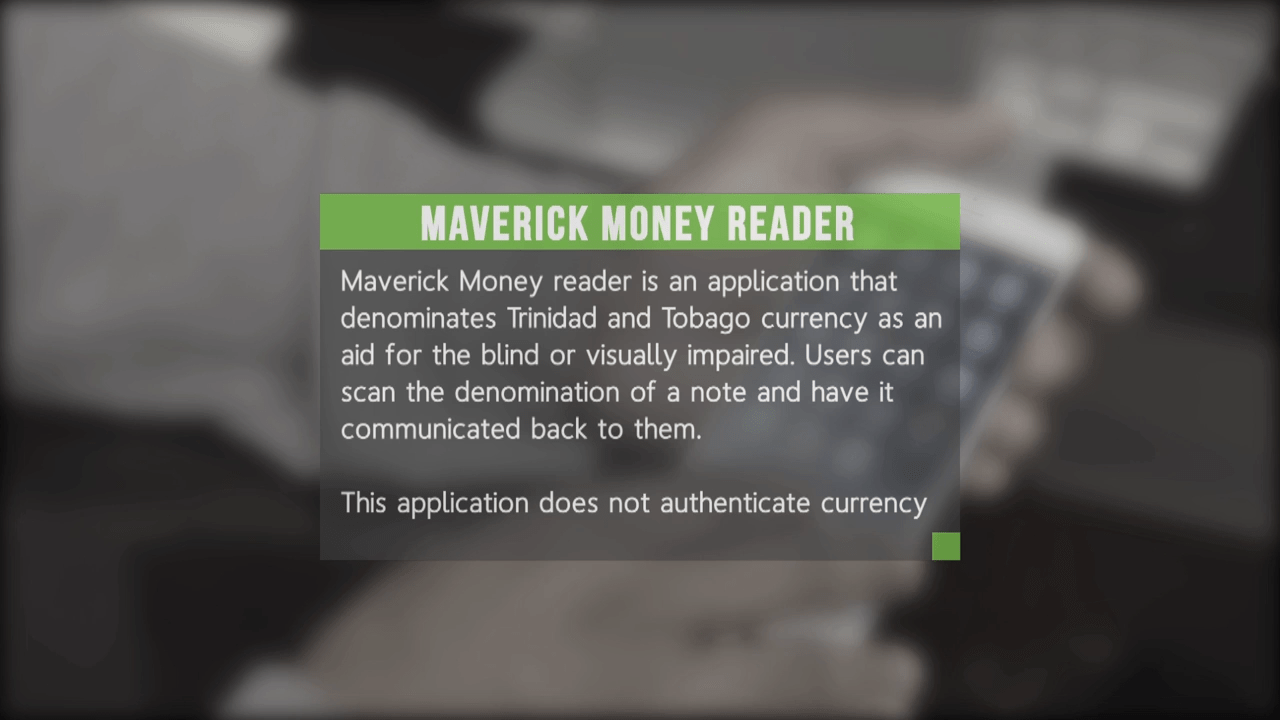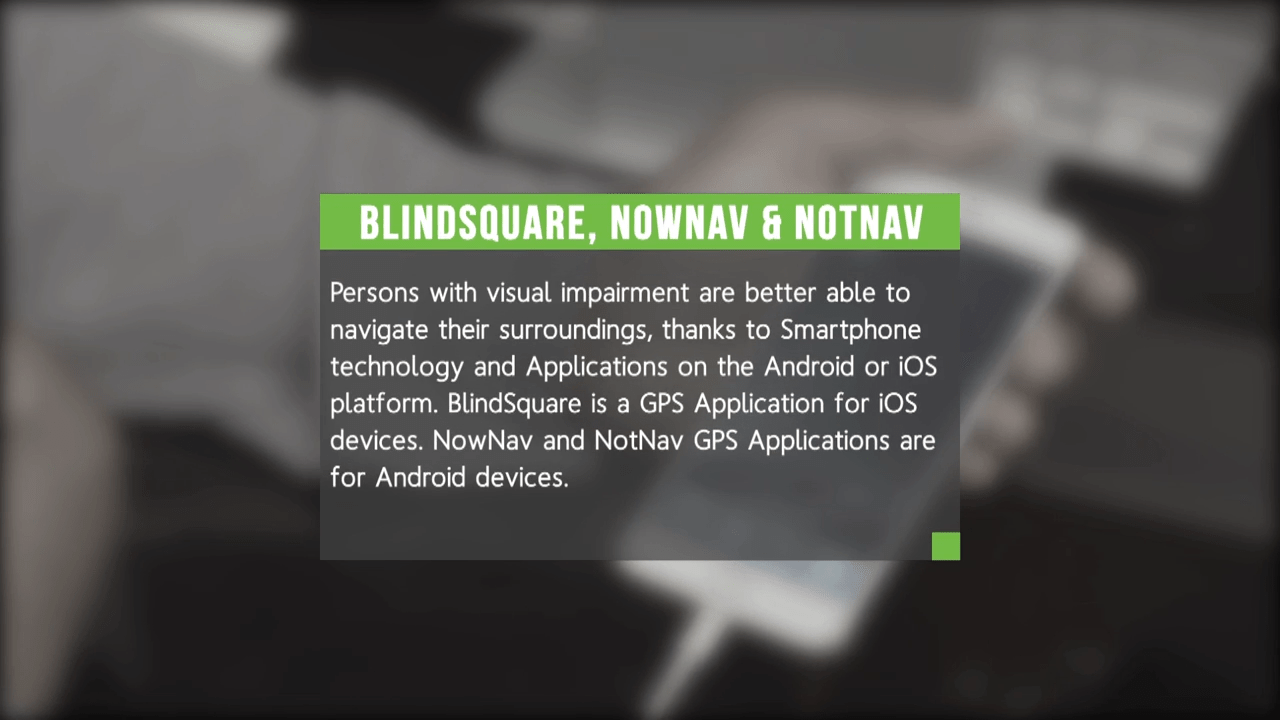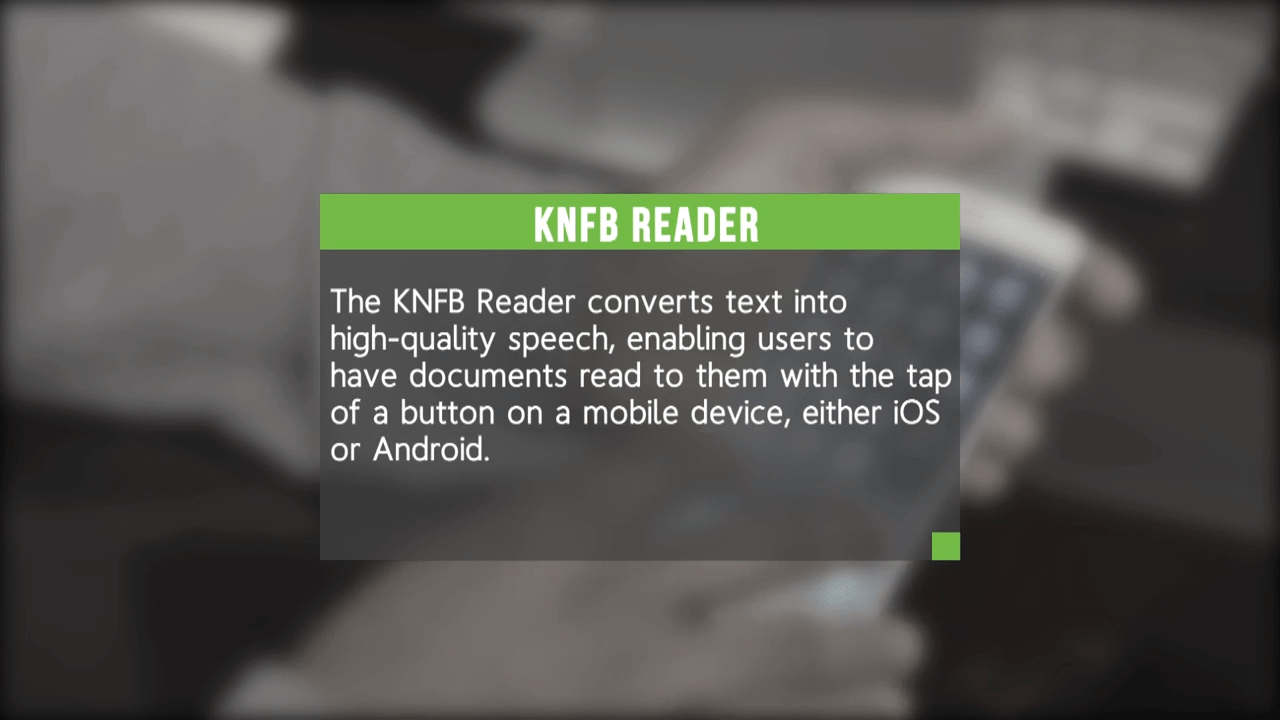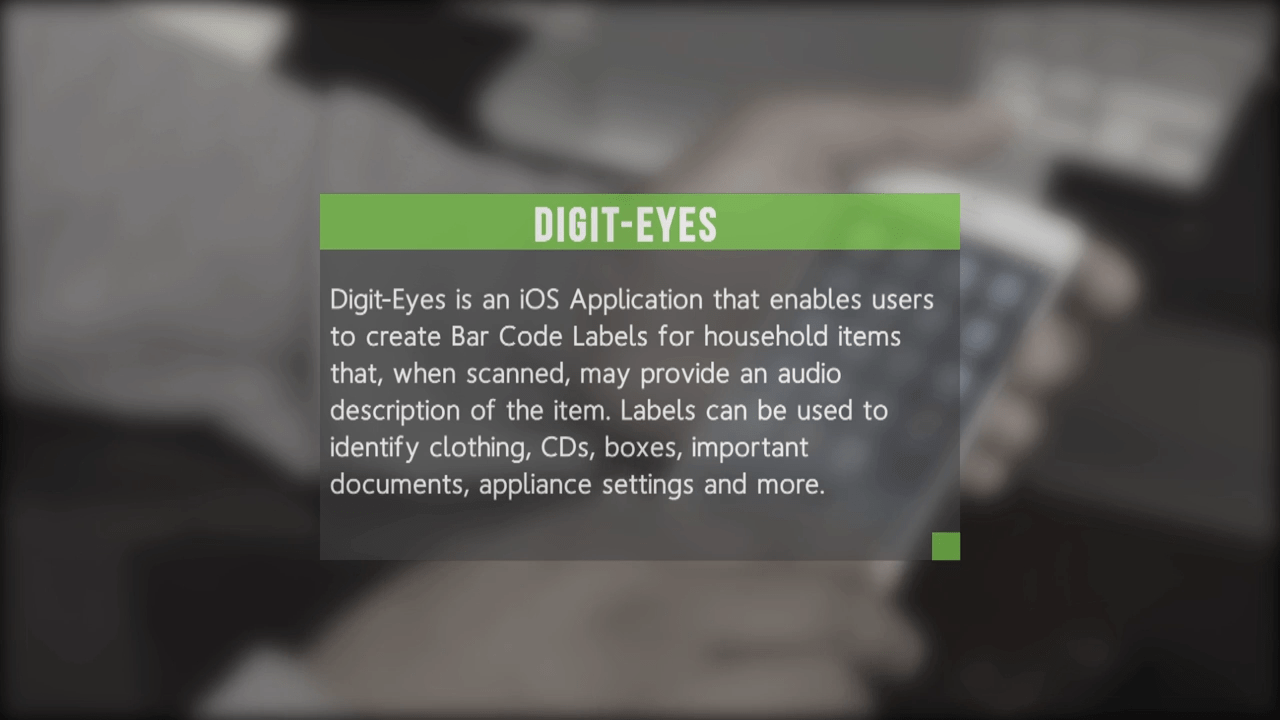Summary
Seventy blind and low vision persons learned how smartphone features and apps can empower their daily personal and work lives when they attended 2 free workshops hosted by bmobile, in conjunction with local NGO, Persons Associated With Visual Impairment (PAVI).
General and advanced sessions were held at the UTT John Donaldson Campus on July 17th. The general course targeted blind and visually impaired persons who were not familiar with the smartphone features and apps. The topics included basics such as phone navigation; short cuts/quick settings; calls/text messaging; and voiceover and speech recognition software which allow smartphones to recognize spoken commands or words and act on them.
Schedule a Workshop
“After I lost my sight I thought I had to leave my job. However, I learned that with the help of technology I can still do so much on my own and became more independent. If I had not become adept at computer and smartphone technology, I would not be able to continue working as a police officer.”
Description
Seventy blind and low vision persons learned how smartphone features and apps can empower their daily personal and work lives when they attended 2 free workshops hosted by bmobile, in conjunction with local NGO, Persons Associated With Visual Impairment (PAVI).
General and advanced sessions were held at the UTT John Donaldson Campus on July 17th. The general course targeted blind and visually impaired persons who were not familiar with the smartphone features and apps. The topics included basics such as phone navigation; short cuts/quick settings; calls/text messaging; and voiceover and speech recognition software which allow smartphones to recognize spoken commands or words and act on them.
The advanced workshop took participants through input methods such as braille, handwriting and dictation modes; productivity tools including email, setting appointments/reminders, Be My Eyes, mobile banking and Tap, Tap, See; social media like WhatsApp, Skype, iMessage, FaceTime and Vorail; and navigation apps such as BlindSquare to help persons with visual impairment move around and travel with confidence.
Low vision users were shown the zoom and magnifier features; large, bold and high contrast text; and colour inversion to reduce phone glare.
Graeme Suite, TSTT’s Senior Manager Brand, Public Relations and External Affairs thanked the attendees, workshop facilitators and the TSTT volunteers for responding to bmobile’s invitation to participate in the novel programme and said, “The smartphone features and apps which will be presented here today will hopefully unlock all the potential that resides in each of you and help you to fully participate in all the things you wish to do in your personal and work lives.”
“I encourage you to continue learning beyond these courses because technology is a great enabler and leveler of the playing field. It won’t matter who you are. You now have access to the world. Thank you for allowing bmobile to be a part of your journey.”
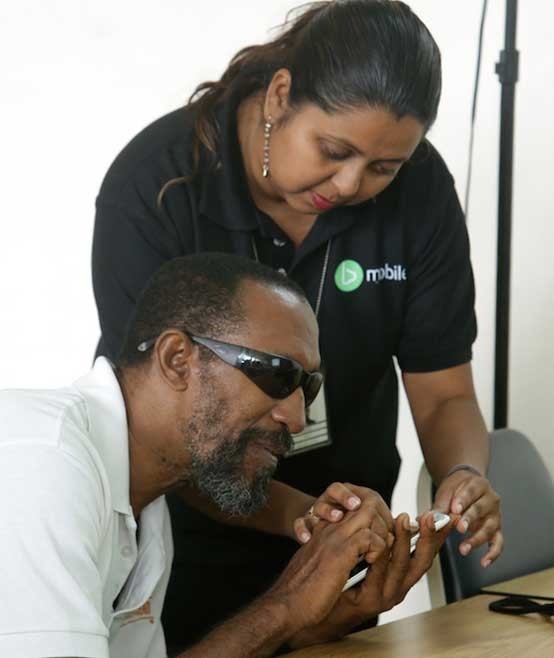

Acting Corporal Marlon Parieaho, the country’s only completely blind active-duty police officer, has been blind for over 6 years, and conducted the training for iPhone users. Parieaho indicated that the features and apps were very important and a blind or visually impaired person must be competent with the assistive technology to be effective in the workplace.
“After I lost my sight I thought I had to leave my job. However, I learned that with the help of technology I can still do so much on my own and became more independent. If I had not become adept at computer and smartphone technology, I would not be able to continue working as a police officer.”
Parieaho continued, “With assistive technology visually impaired persons can have very fulfilling personal and productive lives. I’m a strong advocate of employment of persons with visual impairment because we can make a strong contribution to society and the economy.”
Blind motivational speaker and lecturer, Mikkel Trestrail, holds a BSc. in Theology and facilitated the training for Android users. Janelle Ramdass, an IT teacher at the Trinidad and Tobago Blind Welfare Association has low vision and presented on smartphone use for low vision iPhone and Android users.
The workshops were well received by the participants, including Candace Barbara John who is the IT Instructor at the National Centre for Persons with Disabilities, as well as PAVI’s Awareness Officer. John has low vision and currently uses smartphone assistive technology at work but attended the advanced course because it is important for an IT Instructor to have a better understanding of the assistive technology available which can also be used with other types of disabilities.
“The session was very informative. I enjoyed the presentations given by each person and I like that they also worked with some of the attendees one-on-one,” John said.
Bhawani Persad, an Executive Director at PAVI, was born blind. He attended the general workshop because he plans to purchase a smartphone.
“I work with computers and screen reading software but I use a phone with a press keypad. I came to learn how to use a touch screen phone,” Persad said.
“The workshop was quite good. I feel more confident and with practice this will certainly benefit me a lot.” Ramdass thanked bmobile on behalf of the facilitators and participants said, “We are happy that bmobile took the initiative to recognize the blind and visually impaired community by providing the training to us.”
